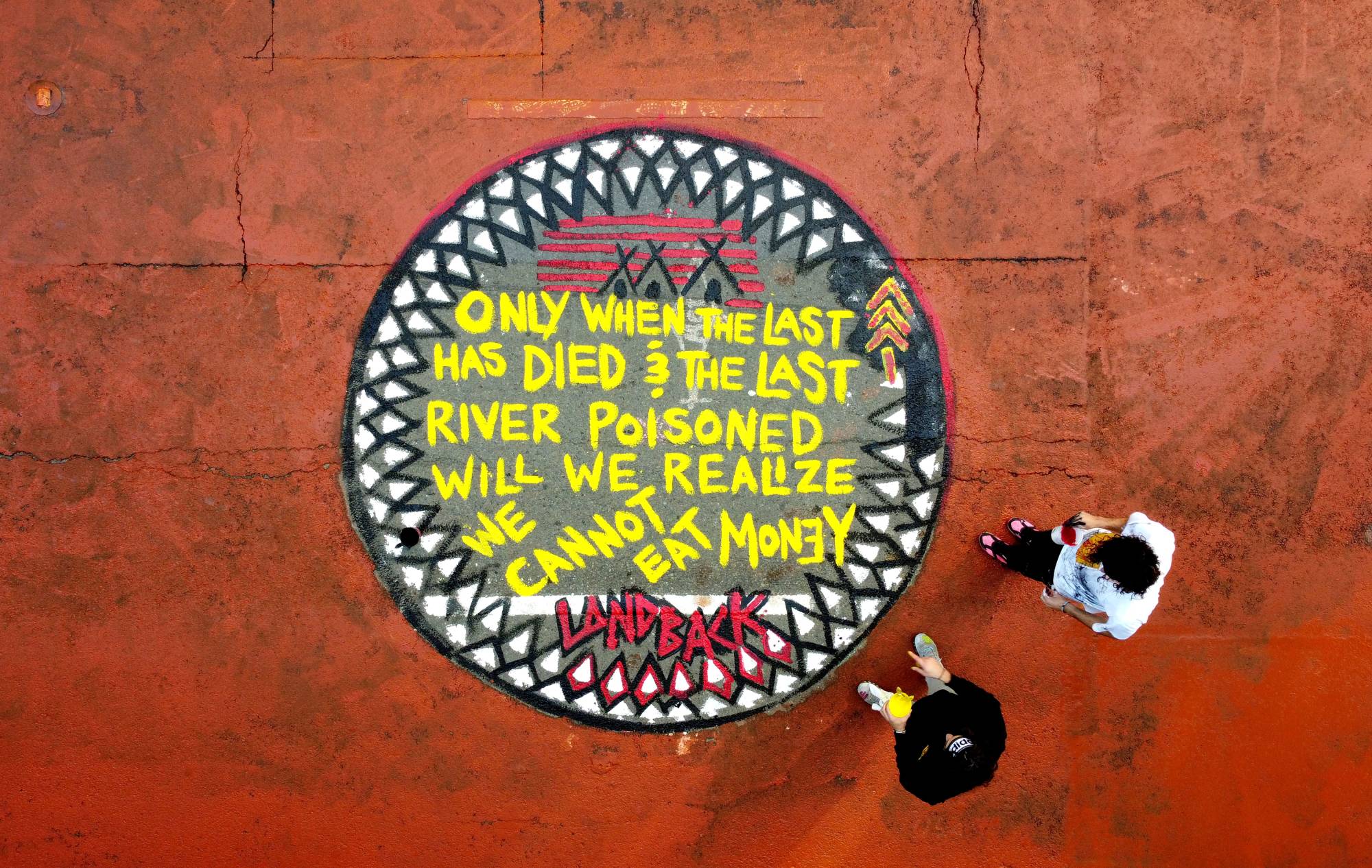As bombs started to rain down on Ukraine and Russian troops set off across the country in earth-shaking tanks, business leaders around the world began strategizing, sketching out plans and plotting strategies.
For companies, the response to mass protest movements, poor human rights records and war is typically filtered through a complex decision-making process. The decision to exit a market is a calculated affair, right down to the language.
When Nissan pulled out of Russia after suspending production at its St. Petersburg plant in March 2022 “due to supply chain disruptions,” the company said in a statement that the move was a result of there being “no visibility of (the) external environment changing.” Uniqlo operator Fast Retailing, which in March last year reversed its initial decision to maintain operations in Russia after international backlash, was quick to promote its humanitarian efforts in a bid to repair its image.


















With your current subscription plan you can comment on stories. However, before writing your first comment, please create a display name in the Profile section of your subscriber account page.